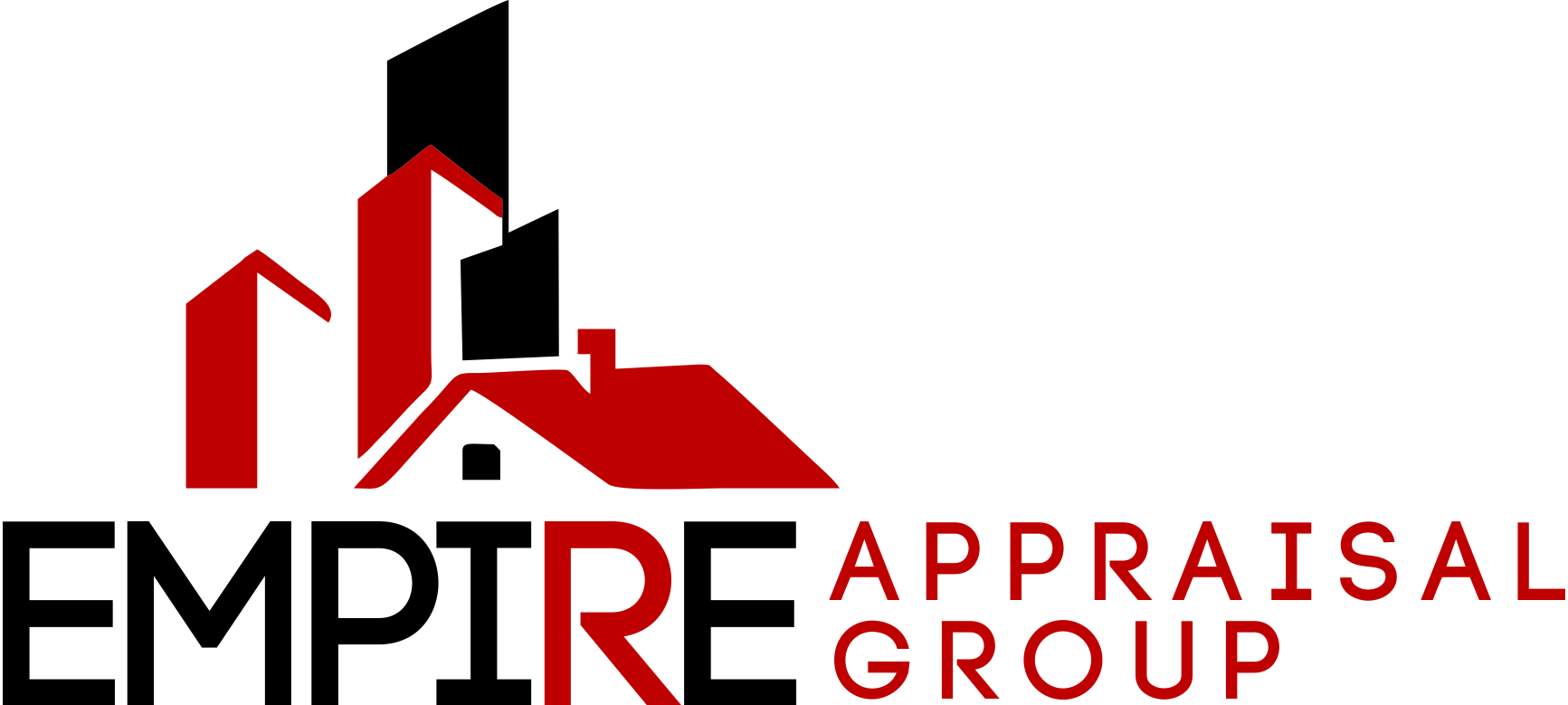What’s the Difference Between a Short Sale and a Foreclosure?
Source: https://www.trulia.com/guides/difference-between-short-sale-and-a-foreclosure/?ecampaign=con_cnews_digest&eurl=www.trulia.com/guides/difference-between-short-sale-and-a-foreclosure/

If you’re looking for a deal by buying a short sale or foreclosure, there’s a lot you need to know—including the difference between the terms.
They can both result in great deals, but foreclosures and short sales are different.
Foreclosures and short sales may seem very similar, and they do have some basic things in common. They both tend to happen when a property owner had or is having financial issues. But they have important differences that can make a big difference when you’re hoping to buy one.
What is a short sale?
A short sale happens when a property owner sells their home for less than they still owe on it. This often happens when homeowners are struggling to make their mortgage payments. They could be on the verge of foreclosure, and selling for a lower price is the better option for them.
The lender must approve of the seller’s plan for a short sale. Many lenders are eager to avoid the expense and drawn-out hassle of going through the foreclosure process (more on that below), and allow the sale to proceed.
Here’s how buying a short sale works.
Most real estate experts will attest that buying a short sale takes patience. The process can involve a lot of red tape. It also requires plenty of waiting: Buying a short sale can take months, perhaps even a year or more. And the deal can fall apart for a variety of reasons. But the bottom line is price. If you are successful, you can get a really good deal by buying a short sale.
What is a foreclosure?
A foreclosure happens when a borrower is unable to make their monthly payments and the bank takes back ownership of the property. There are several stages of the foreclosure process. If the borrower has missed a few payments and fallen behind (known as being in default), but the lender hasn’t begun foreclosure proceedings, this is known as pre-foreclosure. It is possible for the owner to still sell the home themselves at this point. If the bank completes foreclosure proceedings, the owner no longer owns the home, and the bank puts it up for sale.
Here’s how buying a foreclosure works.
For a buyer, making a deal with a seller during the pre-foreclosure phase can offer some advantages compared to other foreclosure or short sale scenarios. A pre-foreclosure deal is just like any other typical sale, where you can tour and inspect the property, make an offer, negotiate the price (at long as it stays at or above the amount of the mortgage balance), and schedule a closing in a reasonable amount of time.
Buying a fully-foreclosed home from the bank has pros and cons. The lender can sell the house an auction or in a regular real estate sale. The auction process works exactly how you might imagine it would: The lender sets the minimum bid (often, the amount left unpaid from the mortgage), and if you submit the winning bid and abide by all other terms of the sale, you can buy the property. However, you may not have the opportunity to view or inspect the property, which means you’ll be taking a risk. Also, you often need to come up with the money for the purchase quickly, and may not have a chance to secure financing.
If the home is sold as a bank-owned property (sometimes known as REO, or real-estate owned properties) on the market, the process begins much like any other real estate sale. But the borrower is out of the picture at this point, so you or your agent will deal with the lender, or a real estate agent acting on their behalf. The lender is generally motivated to make a deal, and may even offer attractive financing terms as an extra incentive. However, as some foreclosures are owned by large, busy lenders, the process may be slow-moving as negotiations and other communications take days or weeks.
What foreclosures and short sales do have in common are that they can both be great ways to get a good deal on a house.

Empire Appraisal Group, Inc. has been helping clients make informed real estate decisions since 2005. We are the leading residential appraisal company in Broward County. We provide accurate and reliable appraisals, excellent customer service, and quick turnaround times. When working with an appraisal company, integrity and professionalism are essential, and Empire Appraisal Group has a well-established reputation for providing the best appraisal experience. Daniel Lindeman, the Chief Appraiser, is one of the top property appraisers in Florida, with over 15 years of expertise and over 8,000 appraisals to his credit.
We specialize in helping people who need residential appraisals for listing purposes, divorce, estates, trusts, bankruptcy, and more.
In addition, to homes of all shapes and sizes, we also appraise condos, townhomes, multifamily homes, boat docks, vacant land, as well as specialty properties. No job is too big or too small, from manufactured homes to mansions.
Call Empire Appraisal Group directly with any questions concerning your real estate values at 561-441-9298. Also, check out our ‘Reviews’ page and see what others are saying about Daniel Lindeman and Empire Appraisal Group, Inc
We provide residential appraisal services to all cities in Broward County.
Parkland, Coral Springs, Coconut Creek, Dania Beach, Cooper City, Davie, Deerfield Beach, Fort Lauderdale, Sunrise, Hallandale Beach, Hillsboro Beach, Hollywood, Lauderdale by the Sea, Lauderdale Lakes, Lauderhill, Lighthouse Point, Margate, Miramar, North Lauderdale, Oakland Park, Pembroke Pines, Plantation, Pompano Beach, Sea Ranch Lakes, Tamarac, Weston, Wilton Manors
